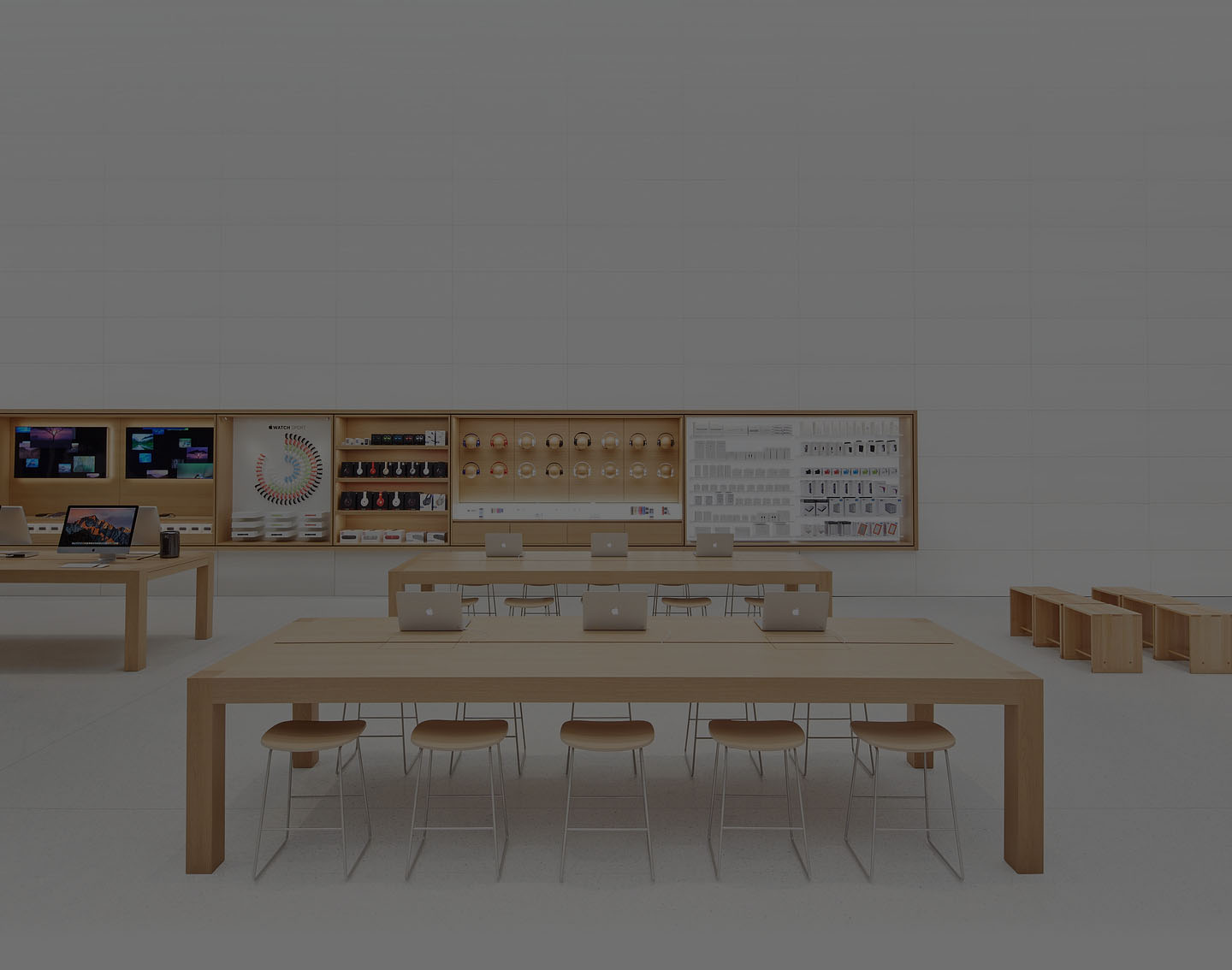
Blog
Apple brings Everyone Can Code to schools serving blind and deaf students nationwide
Apple is teaming up with leading educators for blind and deaf communities across the US to bring accessible coding to their schools. Beginning this fall, schools supporting students with vision, hearing or other assistive needs will start teaching the Everyone Can Code curricula for Swift, Apple’s powerful and intuitive programming language.
https://www.apple.com/newsroom/2018/05/apple-brings-everyone-can-code-to-schools-serving-blind-and-deaf-students/?imgid=1526596718647
Students from the Texas School for the Blind and Visually Impaired take part in a Swift Playgrounds session.
Apple created the comprehensive Everyone Can Code curricula so students from kindergarten to college and beyond can learn and write code using Swift. With teacher guides and lessons, students learn the basics on iPad with Swift Playgrounds which lets you use real code to solve puzzles and control characters with just a tap, to App Development with Swift to help aspiring app developers build their first iOS apps.
“Apple’s mission is to make products as accessible as possible,” said Tim Cook, Apple’s CEO. “We created Everyone Can Code because we believe all students deserve an opportunity to learn the language of technology. We hope to bring Everyone Can Code to even more schools around the world serving students with disabilities.”
VoiceOver on iPad enables students to use Swift Playgrounds without needing to see the screen.
The schools will tailor lessons using Apple’s groundbreaking accessibility technology, which has changed the lives of millions of people with vision, hearing, physical motor, cognitive or other assistive needs. Apple collaborated with engineers, educators, and programmers from various accessibility communities to make Everyone Can Code as accessible as possible and will work in close coordination with schools to augment the curricula as needed. This will include providing additional tools and resources such as tactile maps to enhance the understanding of coding environments for non-visual learners.
https://www.apple.com/newsroom/2018/05/apple-brings-everyone-can-code-to-schools-serving-blind-and-deaf-students/?imgid=1526405071213
Students can learn to write code using Swift through Apple’s Everyone Can Code curricula.
Initial list of participating schools:
California School for the Blind (Fremont, CA)
California School for the Deaf (Fremont, CA)
District 75/Citywide Programs, New York City Department of Education (New York, NY)
Florida School for the Deaf and the Blind (St. Augustine, FL)
Hadley Institute for the Blind and Visually Impaired (Winnetka, IL)
Perkins School for the Blind (Watertown, MA)
Texas School for the Blind and Visually Impaired (Austin, TX)
Texas School for the Deaf (Austin, TX)
“Our students were tremendously excited at our first Everyone Can Code session earlier this year,” said Bill Daugherty, superintendent at the Texas School for the Blind and Visually Impaired in Austin. “There are more than 10,400 students with visual impairments in Texas, and the development of this curricula is going to be a big step in opening up coding opportunities for our students and those across the nation.”
https://www.apple.com/newsroom/2018/05/apple-brings-everyone-can-code-to-schools-serving-blind-and-deaf-students/?imgid=1526596792748
Students at the California School for the Deaf in Fremont, California use Skoog connected to iPad during a coding workshop.
California School for the Deaf superintendent Clark Brooke said, “We’re thrilled to kick off the partnership with Apple. This program is a great way to bring to life the ideas and imagination of our Deaf students through coding, while also building a foundation for future careers in software development and technology.”
Julie Tye, president and CEO of the Hadley Institute for the Blind and Visually Impaired added, “As the largest educator within the visually impaired community, Hadley knows firsthand how important Apple’s technology is in making daily living easier and more enjoyable. Now, partnering with Apple, we are excited to help even more people learn how to code. Whether for fun or future employment, learning the language of technology can offer tremendous opportunity to everyone.”
https://www.apple.com/newsroom/2018/05/apple-brings-everyone-can-code-to-schools-serving-blind-and-deaf-students/?imgid=1526404960210
iOS makes it easy to access features like VoiceOver and Switch Control by triple-clicking the Home button or side button on iPhone X.
The Everyone Can Code curricula is compatible with VoiceOver, the most advanced screen-reading technology for people who are blind or low vision. VoiceOver is a gesture-based screen reader that describes nearly everything happening on your screen, and is the most popular screen-reading technology of any mobile technology platform1. With VoiceOver integration, Swift Playgrounds can take students step-by-step through learning Swift, all without needing to see the screen.
Accessibility features for people who are deaf or hard of hearing include FaceTime for capturing every gesture and facial expression, Type to Siri, closed captions, LED Flash for Alerts, Mono Audio and Made for iPhone hearing aids.
iPad and Everyone Can Code can also be used by students with physical motor limitations through Apple’s built in Switch Control, which enables switches, joysticks and other adaptive devices to control what is on your screen.
https://www.apple.com/newsroom/2018/05/apple-brings-everyone-can-code-to-schools-serving-blind-and-deaf-students/?imgid=1526405250220
Students from Texas School for the Blind and Visually Impaired use code they wrote through Swift Playgrounds to pilot Parrot drones.
Global Accessibility Awareness Day
In recognition of Global Accessibility Awareness Day on May 17, Apple is hosting events around the world to promote inclusive design and emphasize how technology can support all people with disabilities.
Throughout May, all Apple stores will host accessibility-related events and sessions for customers. On May 17 Apple corporate locations in Cupertino, Austin, Cork and London will also hold events. Since 2017, Apple has held over 10,000 accessibility sessions across the globe.
